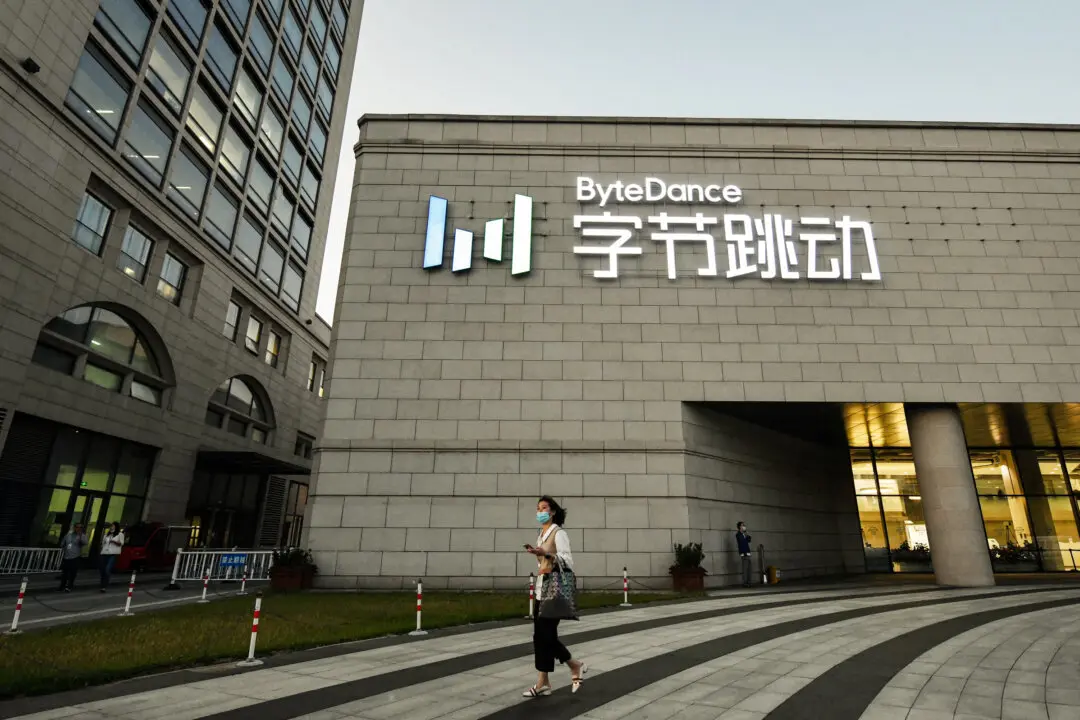The Chinese communist regime launched more cyberattacks against Taiwan after U.S. House speakers Nancy Pelosi’s visit, while doing live-fire military exercises that crossed into Taiwan’s side of the Taiwan Strait. Facing the threats, the National Defense Security Research Institute in Taiwan called for drills to ward off the attacks.
The institute, a think tank of Taiwan’s Ministry of National Defense, published a report titled “Revelation from the Russian-Ukrainian War to the CCP’s ‘Cyber War’ to Taiwan” on Aug. 8. Colonel Liao Song-bai wrote that, regarding the escalated cyberattacks by the Chinese regime, the government should conduct national-level “cyber warfare attack and defense drills” in response. He pointed out that cyber warfare blurs the line between peacetime and wartime, “because the cyber wars are fought almost every day.”




